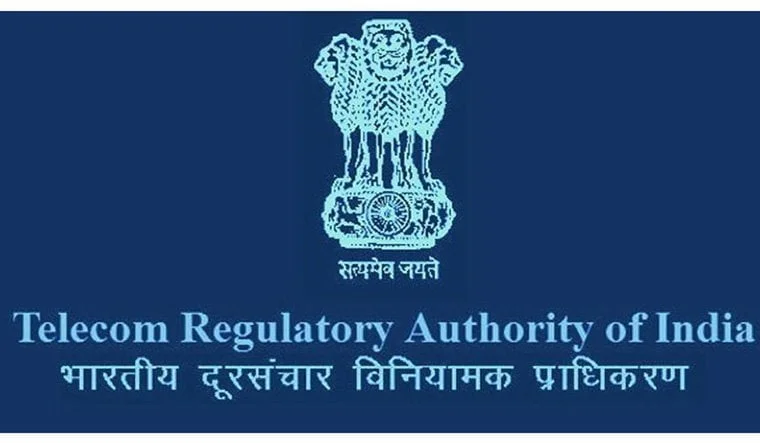The Telecom Regulatory Authority of India (TRAI) enacted an SMS regulation that requires businesses to comply with pre-registered messaging templates to counter spam and fraud.

BSNL DLT, a content verification tool based on ledger-based blockchain protocols, is supporting the drive.
Because the SMS rule applies to all industry verticals, banks, educational institutions, and private firms are among the 7,477 registrants.
According to reports, the TRAI has issued a warning about stopping non-compliant businesses’ communications, saying:
“The Telecom Regulatory Authority of India will accept no reason, give no consideration and no extension to all those who have not streamlined their SMS process. Let their businesses suffer 100%.”
SMS screening against pre-registered messaging templates maintained on the blockchain will be required of businesses using BSNL DLT.
In the event of a mismatch, the message will be stopped by the company’s telecom provider in the interest of the consumer.
Blockchain adoption in India
The Indian Institute of Technology Madras (IITM), a state-run university, has joined 38 global organizations to manage the Hedera public ledger as a member of the Hedera Governing Council, demonstrating India’s commitment to blockchain adoption.
According to IITM’s Center for Nondestructive Evaluation’s Professor Prabhu Rajagopal, the university will test use cases for public blockchains in the areas of payments, healthcare, industry, and digital media.
Indian institute LegitDoc, an Ethereum-based tamper-proof credentialing system, to authenticate diploma certificates. Other Indian colleges are currently investigating and adopting similar ideas.
After authorities implemented new laws to protect consumers from spam and fraud, India’s state-owned telecom Bharat Sanchar Nigam Limited (BSNL) has registered 7,477 enterprises on its blockchain-based communication network.
